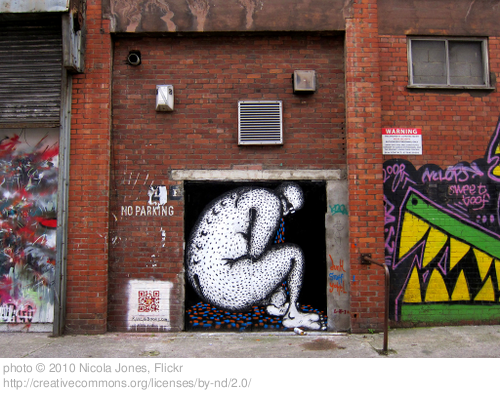There aren’t too many fields where the bad stuff is usable. If food spoils, a chef can no longer use it. If a business overspends based on its budget, a lot of work goes into making the situation right. If concrete hardens and the surface isn’t level, it must be broken up, removed, and replaced.
Not so when it comes to writing and life.
“One of the wonderful things about being a writer is that everything – even the bad stuff – is usable.” J.A. Jance
* * * * *
Whenever I work with people in helping them to tell their stories, there is inevitably one conversation I have with them. Sometimes it takes place at the beginning of the process. Sometimes towards the middle. And always during the editing process. Always.
What happens is that during the first draft, everything comes out. All the old hurts, the wounds, the hard feelings. Getting the first draft down is like vomiting, and for the first few moments after this spontaneous regurgitation occurs, everyone feels better.
But soon, maybe days or weeks or months into the writing process, the vomit starts to cause worry.
Actually, we think, I’m not sure if I want anyone to see my vomit. At least not like that. So we try to clean it up a little bit, tidy up around the edges.
This is when that conversation happens, because I begin to see the foundations of a powerful story eroding under the acidic power of self-preservation. I challenge them regarding the things they want to take out. I ask them if they’re really concerned with sheltering their relative, or if they’re actually worried about saving themselves.
Because if you want to tell a powerful story, you cannot protect yourself. You have to be willing to rip yourself open and let anyone look inside.
* * * * *
I’m not saying you shouldn’t edit. For everyone’s sake, edit out the drivel. Edit out the mistakes. Edit out the parts where you’re actually telling other people’s stories.
But don’t edit yourself. Don’t edit out the power.
* * * * *
I’ll be doing a book signing for my newest book, “My Amish Roots,” at a Holiday Extravaganza event today from noon until 8pm in New Holland, Pennsylvania. For more details, click HERE.


Awesome. Thanks Shawn. I needed to read that this AM. I can’t remember how he put it, but Ian Morgan Cron said something similar at STORY. He said that writers and artists can’t create great art until they face their demons. Yes, editing is about cutting away the non-essentials, not self-preservation!
I’ll second what Ed said. I’m in the shitty first draft stage as Anne Lamott says, and it’s enough to make you want to throw it all in the trash. “Don’t edit the power” is good advice. Often I have to let it sit for a while because I’m over-thought my writing, and then when I return I’m able to edit with a little wisdom through distance.
Distance can definitely help.
I think that the hardest things to tell or write are usually the most important when it comes to helping others where they are at.
Great advice Shawn. It’s tough to open ourselves up as writers sometimes. But if we keep in mind that everyone has a story, and someone may benefit from telling ours (kind of like ‘if you have that question in class then someone else probably does too’) then it’s worth keeping “our story” in the writing. Thanks for your insight! Cheers.
Good stuff, Dan. Someone else ALWAYS has that question.
The vomit analogy is a good one, and the timing of your post is perfect. My experiences as a writer with letting go and then second-guessing seem to come in never ending cycles, and I’m in a second-guessing cycle right now.
I think I’m going to post your great quote, “Don’t edit yourself,” right by my desk.
Thanks, Kristin. I think that working through that second-guessing cycle is crucial to discovering who we really are. But it sounds like, by the tone of your comment, the cycle might be something that frustrates you? I would suggest that every time you (we) encounter it, we’re actually getting down to a new level of self-awareness, understanding, that kind of thing.
This counseling session provided free of charge…because I’m not licensed and have no idea what I’m talking about.
This is very true, and timely!
I’ve just made a tough personal decision to do a blog series this week about porn use …by Christian women….guess why?
You’re a brave girl. I’ll check it out.
“Don’t edit out the power.” You nailed it.
Thanks Ira.
I really am protecting someone. He would be brutally hurt if I wrote about the past because he is an intensely private person. He has redeemed himself in my eyes, so I will respect his wishes.
Our stories are entwined and I won’t be able to fully untangle until this person dies. The rush of letting the vomit flow and the grief I’ll inevitably feel will be one. I dread it.
Understood. This is where it gets difficult – when stories intertwine. I would still encourage you to write it out, even if no one else sees it for a long, long time. The process of reading your own story brings a lot of healing.
Great reminder! It’s important to be real. Sometimes when it’s too cleaned up, I’m not even sure it really happened.
Thanks, Michael.
You have no idea how much I needed that advice.
Awesome. Thanks, Tim.